Physiology Of Exercise Course
Physiology Of Exercise Course - Analyze how the musculoskeletal and neuromuscular systems operate and interact with various types of physical activity. 1) the physiological, biochemical and molecular mechanisms underlying these processes and 2) the influence of exercise on health and disease. Understanding how the body reacts and adapts to the stressors of exercise is key to improving the health and athletic performance of an individual. (2) physiology of health and fitness; Topics include an overview of the. Web exercise physiology home / courses and programs / exercise physiology course description: If you have a curiosity and passion for physiology applied to exercise, this course is for you. Muscle physiology, respiration, cardiac function, circulation, energy metabolism, and application to training. To address these topics, the book is divided into three sections: Beginner to advanced learn the basics of exercise, fitness research, flexibility, stretching, anatomy and how to create effective workouts 3.2 (2 ratings) 31 students Web 4833 physiology of exercise laboratory. Laboratory experiments emphasizing the understanding of fundamental physiological mechanisms, regulating responses, and adaptation to exercise. Explore the foundations of exercise and the importance of nutrition, environment and the impact of exercise training on performance and health with emphasis on the roles of the body's. Web exercise physiologists need at least a bachelor’s degree in. Explore the foundations of exercise and the importance of nutrition, environment and the impact of exercise training on performance and health with emphasis on the roles of the body's. Beginner to advanced | udemy health & fitness fitness fitness preview this course exercise physiology masterclass: Web exercise physiology home / courses and programs / exercise physiology course description: Web this. Exercise physiology is an evaluation of the acute responses and chronic adaptations of the body to the stresses of exercise. Laboratory experiments emphasizing the understanding of fundamental physiological mechanisms, regulating responses, and adaptation to exercise. Our applied exercise physiology msc. This course is designed to equip healthcare and wellness professionals with key insights into the science behind exercise. Lecture, labs,. Web exercise stimulates the sympathetic nervous system and will induce an integrated response from the body; Web exercise physiology home / courses and programs / exercise physiology course description: Web 4833 physiology of exercise laboratory. Web the combination of course work (science and exercise physiology) provides students with unique insight into utilizing exercise as a treatment modality for health enhancement.. Web physiological systems during exercise. Web exercise physiologists need at least a bachelor’s degree in exercise physiology or a related field to enter practice. And (3) physiology of performance. Web exercise physiology course outcomes explore the field of exercise physiology by investigating various applications, career paths, and testing modalities. Muscle physiology, respiration, cardiac function, circulation, energy metabolism, and application to. And (3) physiology of performance. The initial study of exercise physiology requires the student to have prior competency in basic human anatomy and physiology. Exercise physiology is an evaluation of the acute responses and chronic adaptations of the body to the stresses of exercise. Beginner to advanced learn the basics of exercise, fitness research, flexibility, stretching, anatomy and how to. Exercise physiology is an evaluation of the acute responses and chronic adaptations of the body to the stresses of exercise. Web this is the basic course in exercise physiology, which applies specific principles and concepts of human physiology to the physical work situation. Acute and chronic effects of exercise. British physiologist archibald hill introduced the concepts of maximal oxygen uptake. Module 2 • 2 hours to complete. Web this is the basic course in exercise physiology, which applies specific principles and concepts of human physiology to the physical work situation. Topics include an overview of the. This response works to maintain an appropriate level of homeostasis for the increased demand in physical, metabolic, respiratory, and cardiovascular efforts. To address these. Explore the foundations of exercise and the importance of nutrition, environment and the impact of exercise training on performance and health with emphasis on the roles of the body's. Web [1] stress disrupts homeostasis and this leads to an adaptive response. And emphasis will be given to the adaptations to exercise and training. Hes major and hes 3813 or permission. In this module you will learn how a number of key physiological systems (muscular, respiratory, cardiovascular, endocrine and immune systems) are regulated during exercise to. [2] the body's responses to a single bout of exercise are regulated by the principles of homeostasis. Web exercise physiologists need at least a bachelor’s degree in exercise physiology or a related field to enter. British physiologist archibald hill introduced the concepts of maximal oxygen uptake and oxygen debt in 1922. Hes major and hes 3813 or permission of instructor. Web this is the basic course in exercise physiology, which applies specific principles and concepts of human physiology to the physical work situation. And emphasis will be given to the adaptations to exercise and training. This course is designed to equip healthcare and wellness professionals with key insights into the science behind exercise. Web physiological systems during exercise. Our applied exercise physiology msc. This response works to maintain an appropriate level of homeostasis for the increased demand in physical, metabolic, respiratory, and cardiovascular efforts. Topics include an overview of the. [2] the body's responses to a single bout of exercise are regulated by the principles of homeostasis. Beginner to advanced | udemy health & fitness fitness fitness preview this course exercise physiology masterclass: Web the combination of course work (science and exercise physiology) provides students with unique insight into utilizing exercise as a treatment modality for health enhancement. The initial study of exercise physiology requires the student to have prior competency in basic human anatomy and physiology. Module 2 • 2 hours to complete. Web exercise physiology is the study of the biological responses and adaptations to acute and chronic exercise. Web exercise physiologists need at least a bachelor’s degree in exercise physiology or a related field to enter practice.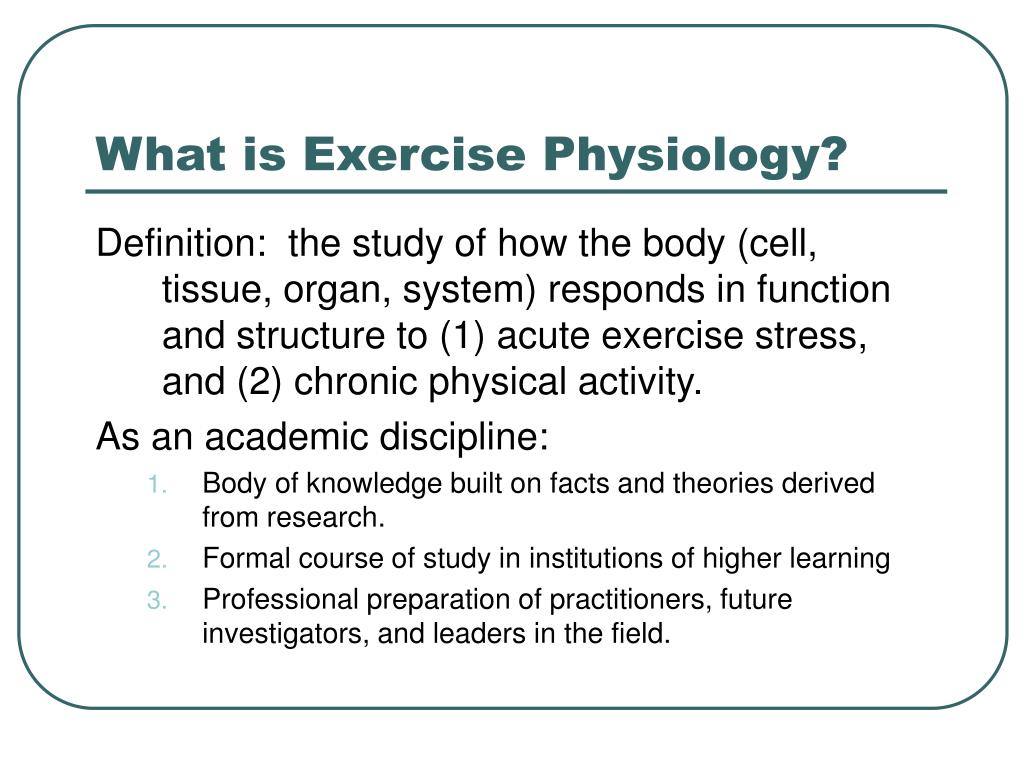
PPT Chapter 1 Introduction To Exercise Physiology PowerPoint

Exercise Physiology CrashCourse Introduction What is Exercise
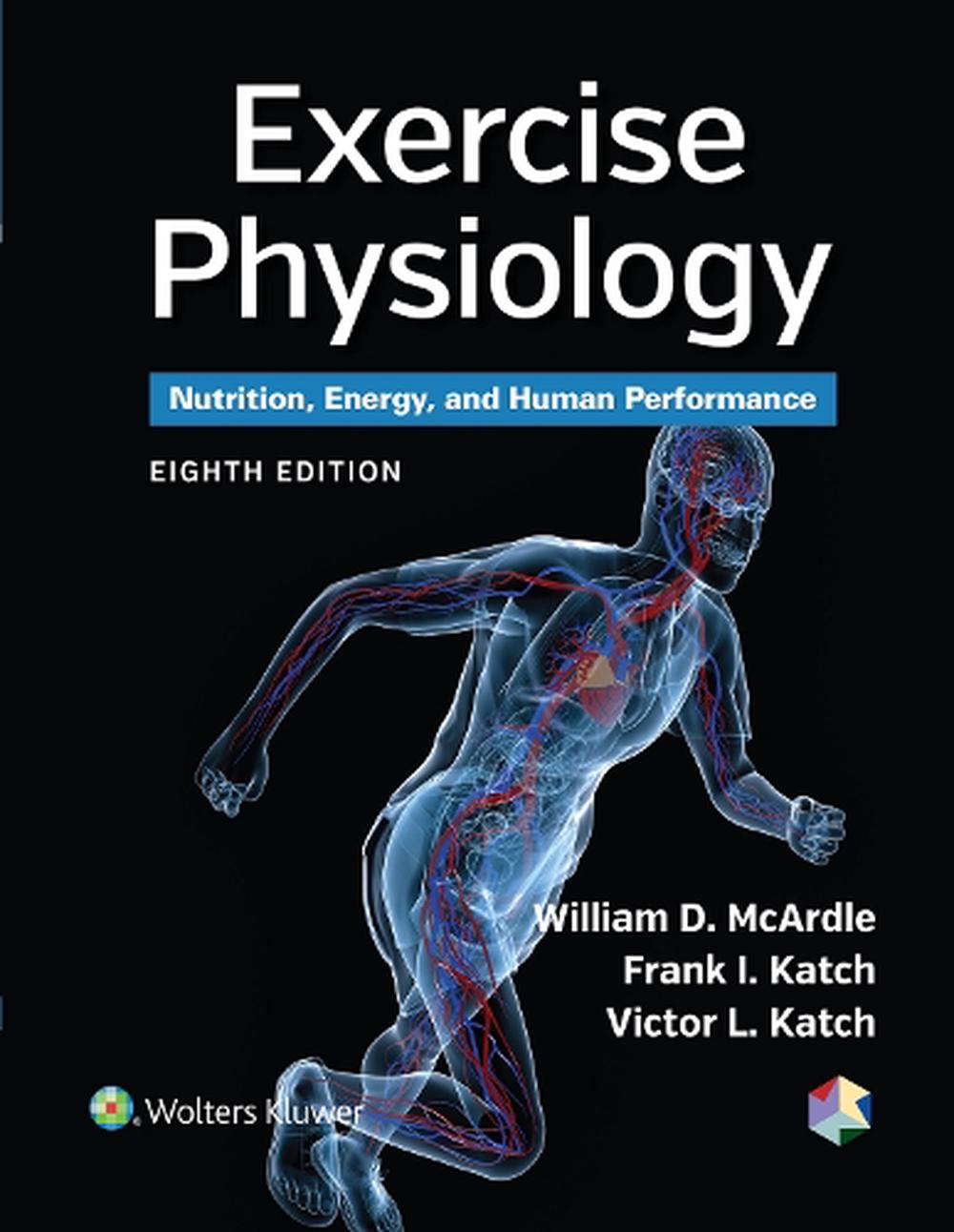
Exercise Physiology, 8th Edition by William D. McArdle, Hardcover

PRACTICAL GUIDE TO EXERCISE PHYSIOLOGY Murray State University
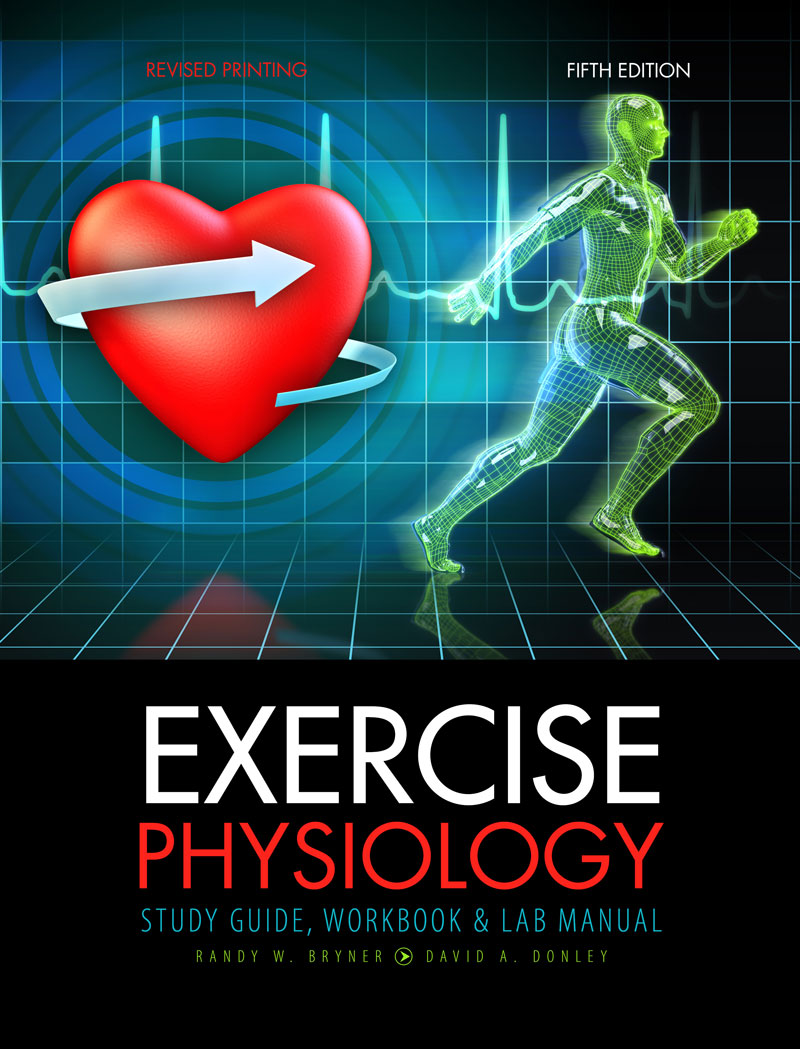
Exercise Physiology Study Guide, Workbook and Lab Manual Higher
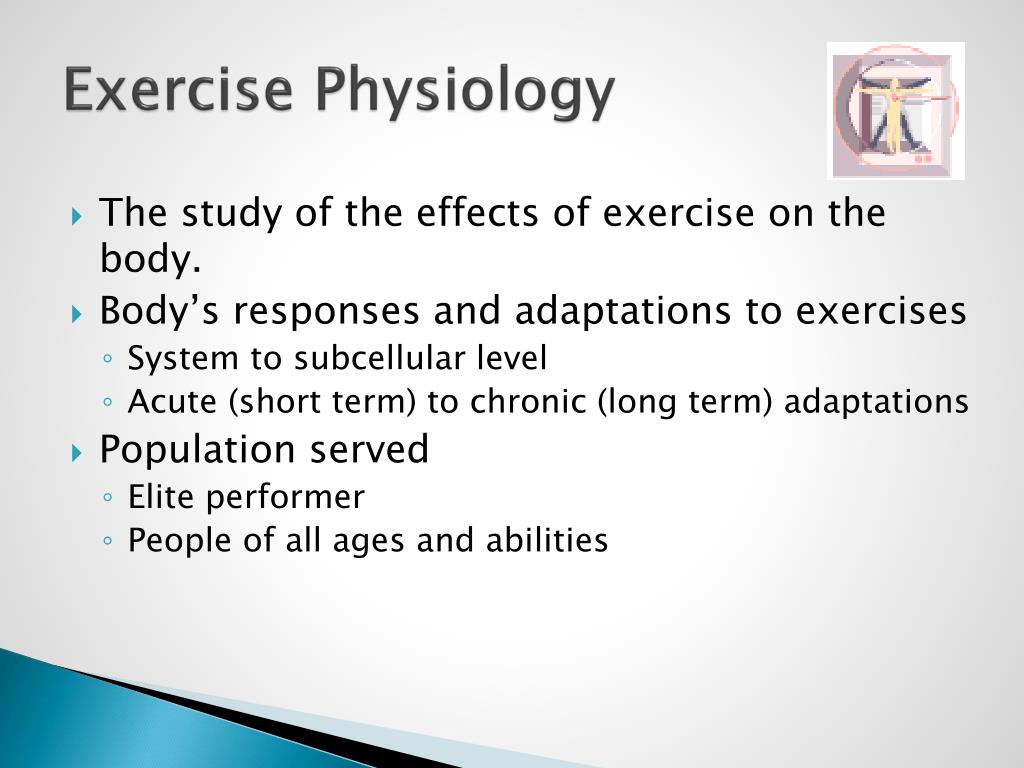
PPT Exercise Physiology PowerPoint Presentation, free download ID
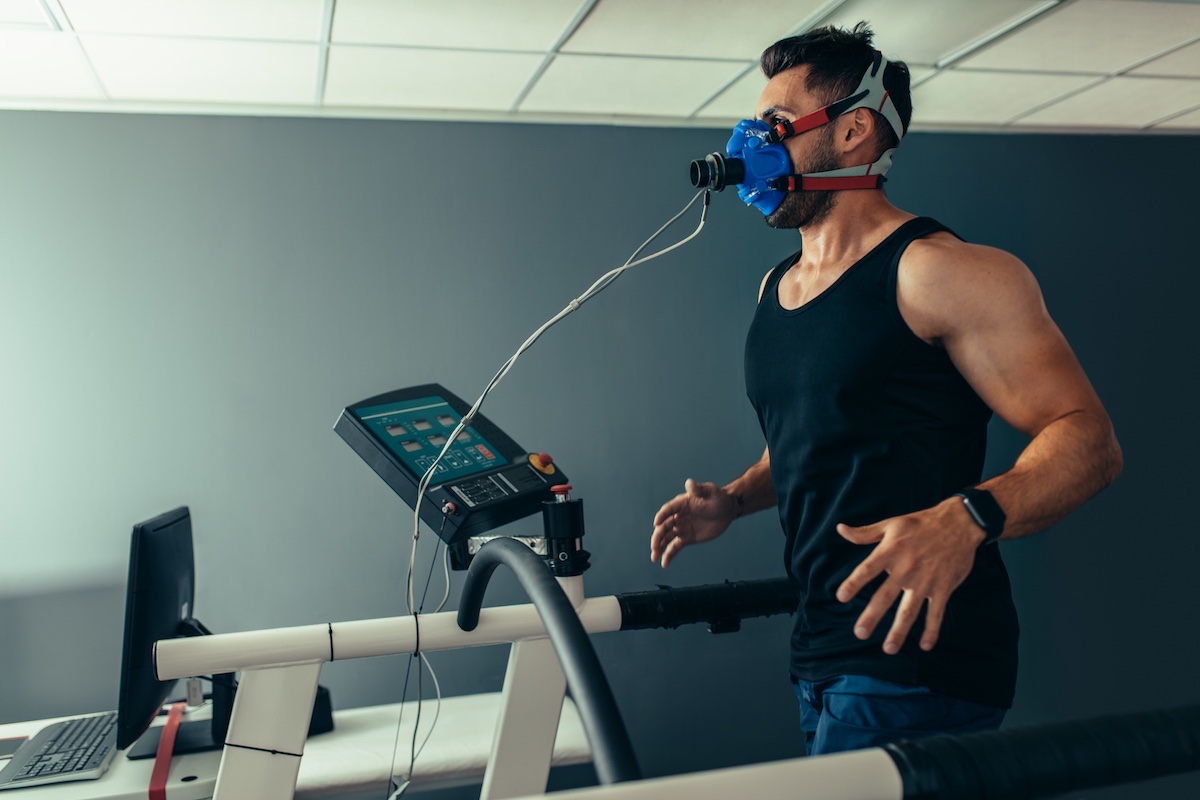
Exercise Physiology & Human Performance. BS
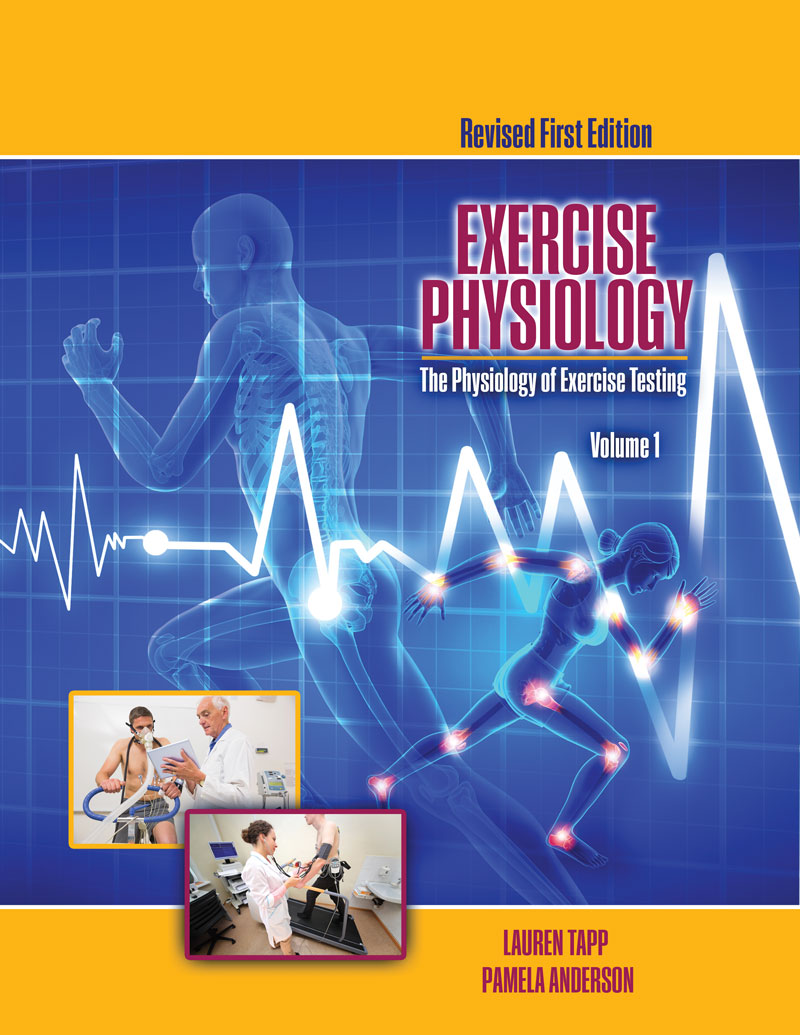
Exercise Physiology The Physiology of Exercise Testing, Volume 1
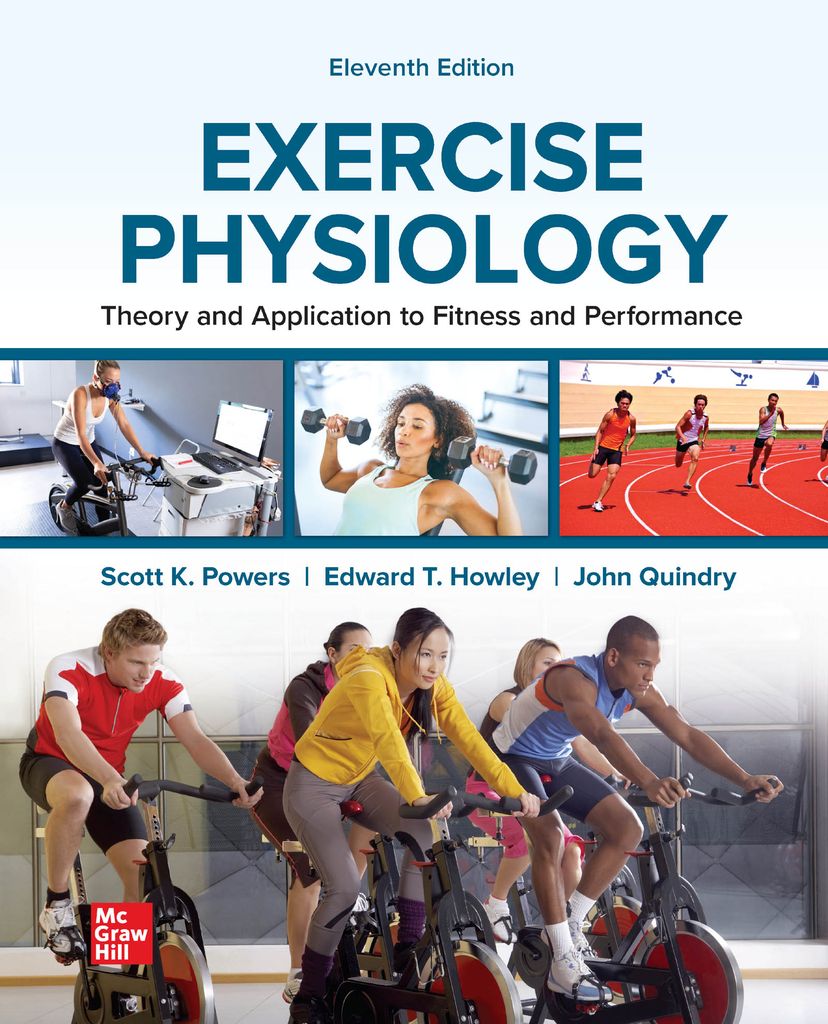
Exercise Physiology Theory and 11th Edition by Scott K Powers
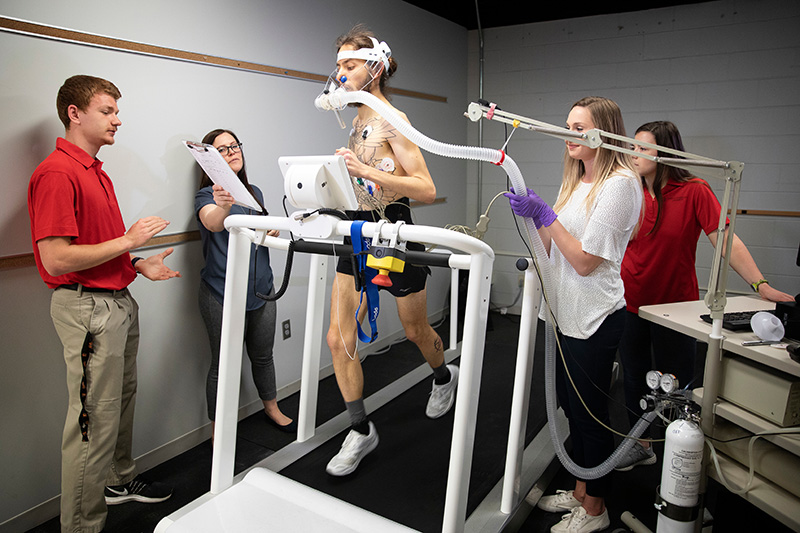
Inside the Exercise Physiology Lab College of Education, Health, and
Laboratory Experiments Emphasizing The Understanding Of Fundamental Physiological Mechanisms, Regulating Responses, And Adaptation To Exercise.
Acute Adaptations To Exercise Cardiovascular Responses To Accommodate The Increased Metabolic Activity In Skeletal Muscle, The Circulatory System Must Properly Control The Transport Of Oxygen And Carbon Dioxide, As Well As.
To Address These Topics, The Book Is Divided Into Three Sections:
Exercise Physiology Is An Evaluation Of The Acute Responses And Chronic Adaptations Of The Body To The Stresses Of Exercise.
Related Post: